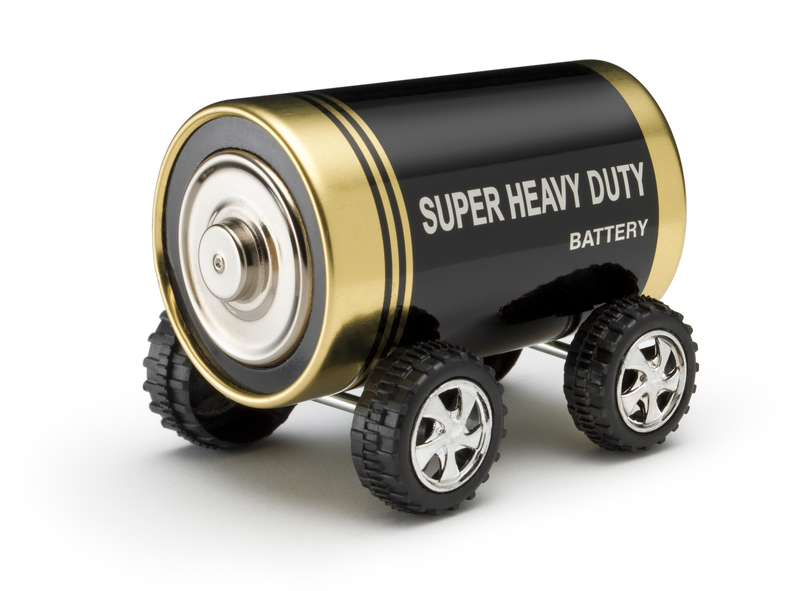Switching to an Electric Vehicle (EV)

Some facts about Electric Vehicles (EV):
A typical mid sized diesel will cost around 13p per mile for fuel. Whereas an EV will cost around 1.9p per mile for fuel (electricity on night tariff at 7p/kWh. Both after taxes applied.
Yes an EV cost is more expensive to buy. But many car vendors are offering very low APR innovative finance deals. And when taking account of the government grant for EVs and the car lifetime savings from reduced fuel and maintenance costs, a new EV is no different to spending around £14k on a new ordinary mid sized car.
An EV has no exhaust system, no catalytic convertor, no clutch, no reciprocating engine, no oil coolant system, no gearbox, no timing belt, nor alternator. Its brake pads are rarely used because of regenerative braking. So ongoing maintenance cost should be very low. And inherent safety detection features of an EV are good eg. Lane deviation alert, car in blind spot alert, emergency detection of person in road auto stop, etc.
Importantly, there are no NOx or SOx or particulate emissions, no tail-pipe, and very quiet (no reciprocating engine). Important to charge from a 100% renewable grid energy supplier to ensure no indirect CO2 emissions.
Driving Range has been steadily increasing. A practical real range for say a 2018 Nissan Leaf is 170mile on one charge. That is comfortably from Dorking to Swindon and back on a single overnight cheap tariff electricity charge. And most motorway service stations now have 2 or 3 fast charging points, which allow 80% full recharging in just 40minutes. Enough time for a short rest, coffee and a cake.
Most journeys are less than 50miles. For those who have regular long (>200 miles) journeys, an EV is probably not for you just yet. But most drivers only occasionally do such journeys. Consider charging on route or hiring a conventional car for those occasional long journeys.
For those who have solar PV on their roof, charging 25% of the EV battery on a moderately bright afternoon for free is completely viable. This is making great use of solar generation that would otherwise be exported to the grid for little benefit to the homeowner.
For those who have street curb-side parking, then overnight charging at home is a problem. Consider asking around in your local community if anyone would allow you to charge on their drive. And come to a friendly arrangement. A full night charge will only cost around £2.50. We have examples of this happening already in Dorking.
This is all written from practical, real world driving experience.
So give it some thought. It probably is the future. But we need to be moving to that sustainable future much more quickly.
Feel free to contact DSG for more advice.

